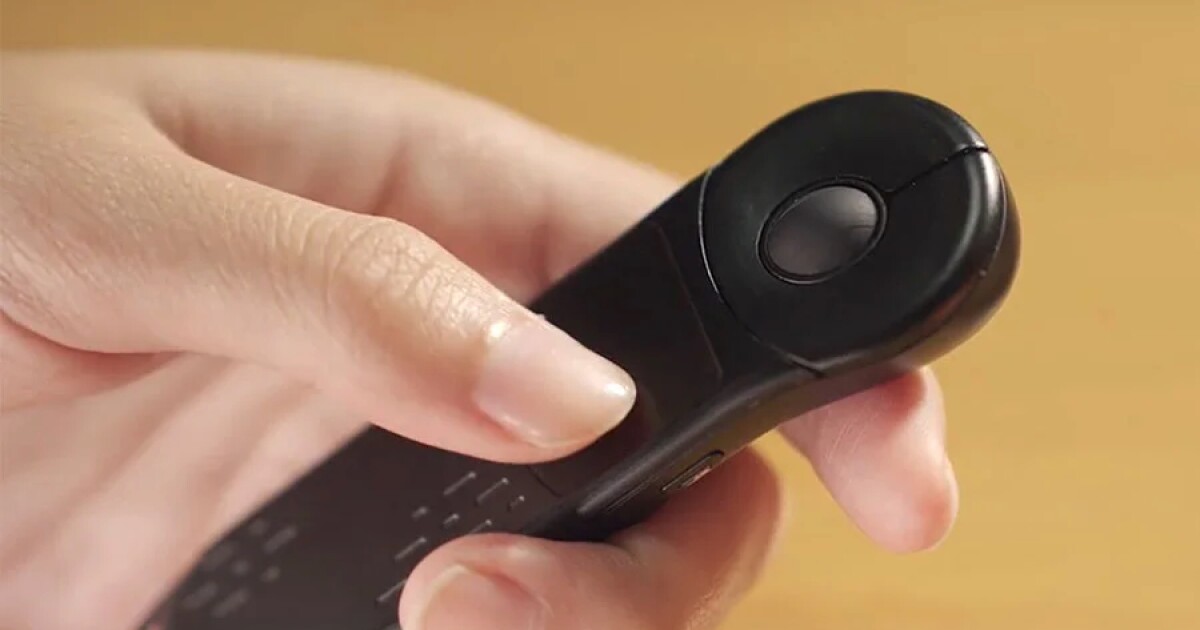Images on social media showed signs posted at the entrances to some Tokyo theatres, warning that the movie featured images of nuclear tests that could evoke the damage caused by the bombs.
Another Hiroshima resident, Agemi Kanegae, had mixed feelings upon finally watching the movie.
“The film was very worth watching,” said the retired 65-year-old. “But I felt very uncomfortable with a few scenes, such as the trial of Oppenheimer in the United States at the end.”
The film quickly became a global hit after opening in the United States last July. But many Japanese were offended by fan-created “Barbenheimer” online memes that linked it to Barbie, a frothy blockbuster that opened around the same time.
Universal Pictures initially left Japan off its global release schedule for Oppenheimer. Eventually picked up by Bitters End, a Japanese distributor of independent films, it was given a release date that was after the Oscar awards ceremony.
Speaking to Reuters before the movie opened, atomic bomb survivor Teruko Yahata said she was eager to see it, in hopes that it would re-invigorate the debate over nuclear weapons.
Yahata, now 86, said she felt some empathy for the physicist behind the bomb. That sentiment was echoed by Rishu Kanemoto, a 19-year-old student, who saw the film on Friday.
“Hiroshima and Nagasaki, where the atomic bombs were dropped, are certainly the victims,” Kanemoto said.
“But I think even though the inventor is one of the perpetrators, he’s also the victim caught up in the war,” he added, referring to the ill-starred physicist.







